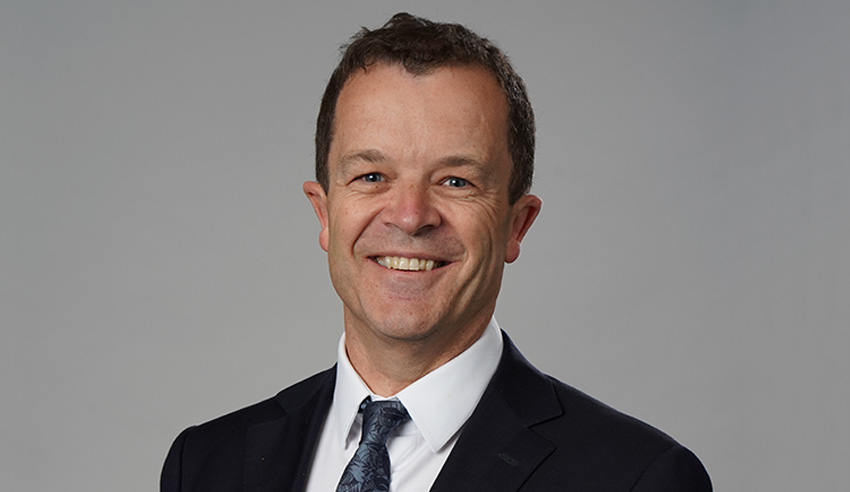NSW has become the first state in Australia to pass a suite of defamation law reforms aiming to unclog courts from trivial claims.

The changes, agreed on by all states and territories at last month’s Council of Attorneys-General meeting, will modernise the existing defamation laws which were introduced in the early days of social media and purport to rein in skyrocketing payouts for non-economic loss and to support public interest journalism.
“The passage of these reforms through Parliament today marks the completion of the first tranche of reforms agreed by the Council of [Attorneys-General] (CAG) last month,” Mr Speakman said.
Once proclaimed into law, the reforms will include changed measures including a serious harm threshold, to keep minor “backyard” claims out of court and a requirement for a plaintiff to issue a concerns notice before going to court, to encourage resolution before litigation.
The reforms will also introduce a public interest defence for journalists, and a defence for peer-reviewed material in scientific and academic journals.
Mr Speakman said Council of Attorneys-General had “agreed that each jurisdiction would act as quickly as possible to introduce the Model Defamation Amendment Provisions in their respective [parliaments].”
“I hope that other states and territories will follow NSW’s lead. The sooner this is done, the earlier Australia can have consistent and modern defamation laws,” he said.
Mr Speakman thanked everyone who helped shape the defamation reforms from the 2018 statutory review of the NSW Defamation Act 2005, through two rounds of public consultation over a year and a half by the CAG’s Defamation Working Group.
Australia’s defamation laws had not been updated since 2005, when the states and territories agreed to pass uniform legislation.
“These reforms represent a generational change in the way Australia’s legal system will protect reputations from serious harm while encouraging responsible free speech,” Mr Speakman said.
The government is still consulting on when the laws will come into effect, but will continue to work on a second tranche of reforms that will clarify the responsibility of internet platforms for the defamatory materials on their sites.